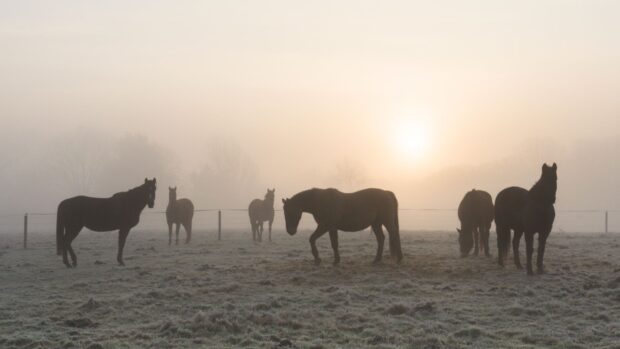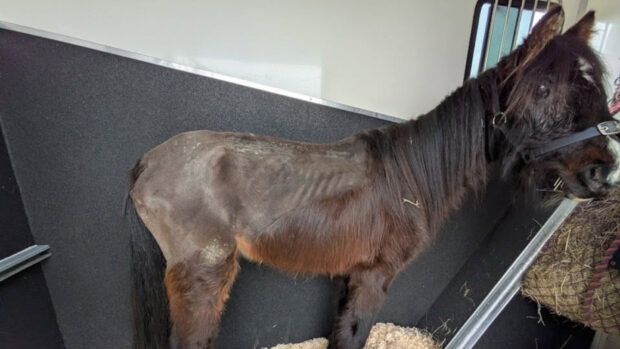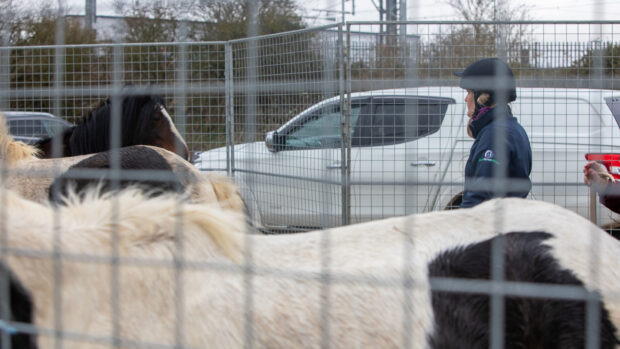Click here for Runners, Tips and Free Bets on the Grand National 2012
Around 12,000 horses came out of training last year, according to British Horseracing Authority records.
That teamed with the increased profile of classes for former racehorses means many more are ending up in inexperienced hands, charities have said.
The Thoroughbred Rehabilitation Centre (TRC) in Lancs, said calls to its helpline from “inexperienced but well-meaning” individuals and trainers wanting help have risen to around 50 a week in the past year.
Operations director Nicky McDonald said: “If trainers have a surplus of horses that aren’t running or winning they don’t want them on the yard.
“They can get sold to people who don’t have the money or experience to handle the ride.”
People buying straight from trainers or from Ascot sales are “going in blind” said Grace Muir of Oxon-based charity Heros (Homing Ex-Racehorses Organisation Scheme).
“It happens time and time again – people take on horses they can’t cope with. These horses are cheap, or free, for a reason,” she said.
Trainers and owners have a responsibility to care for their horses when they leave racing, said Nicky McDonald of the TRC.
“Some trainers are very good but others don’t feel they have any duty of care.”
And Mary Henley-Smith of Moorcroft Racehorse Welfare Centre, in West Sussex, concurs.
“They need to take responsibility – not just stick them in a sale to be bought by whoever.”
And Tessa Westlake of the Racehorse Rehoming Centre in Somerset, is concerned about parents who see former racehorses as a cheap way to move their children into horses.
“They see they are £200 or £300 as opposed to ten times that amount and with money so tight at the moment that looks like a good idea,” she said.
As well as funding four re-homing centres, racing’s charity Retraining of Racehorses (RoR) runs courses, numerous series and offers a wealth of advice to people taking on a racehorse.
“Obviously the centres are a good place for people to start – they can try horses and see whether owning one is suitable for them,” said Di Arbuthnot of RoR.
“But we also have a great deal of expert information on our website and we offer clinics and help.
“There is always someone you can turn to if you are unsure what to do next.”
This news story was first published in the current issue of H&H (29 March 2012)



